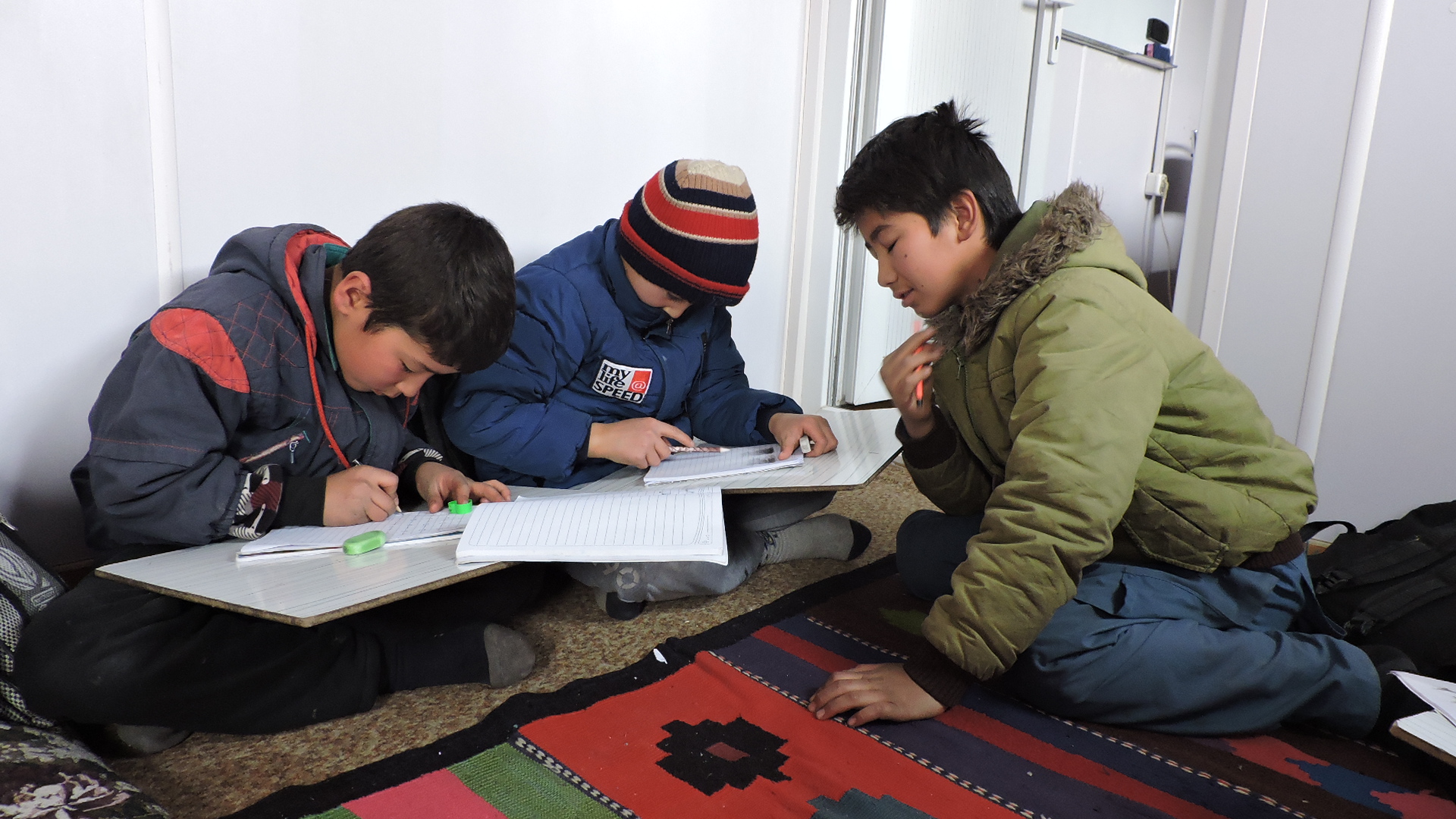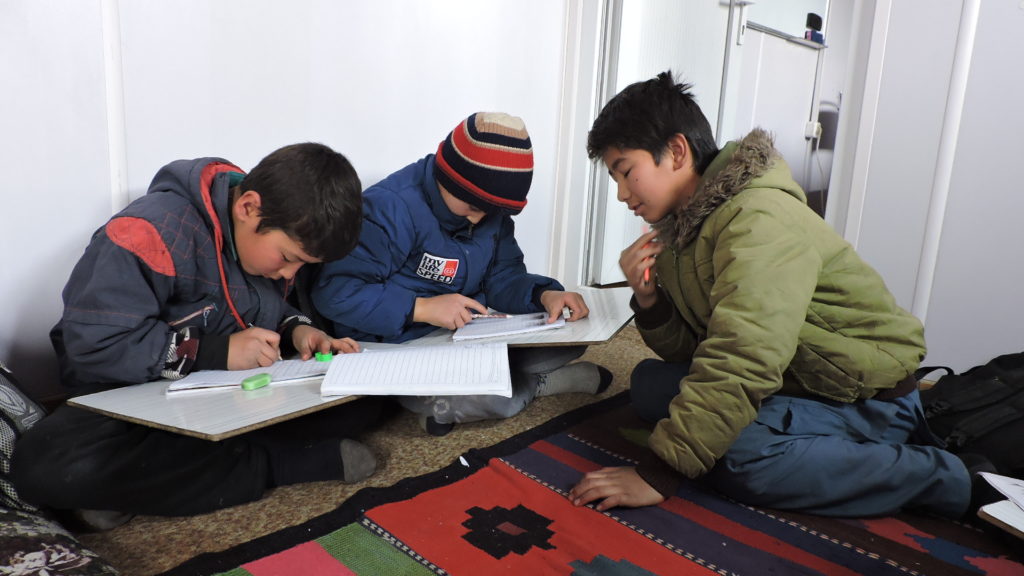Abbas Haidari, a young leader in Kabul province, remembers the multiple financial problems his family faced when he was a child, when he had to work at different times as a guard and making handicrafts. At one point, he went to Turkey to try to find work to support his family, but found life there tough. While in Turkey, a middle-aged man told him: “How will the problems of your home country be solved if young Afghans migrate to Turkey or try to travel onward to Europe? You should be finding ways to solve problems at home and contribute to the development of your own country.”
The man’s words resonated with Abbas, who duly returned home with the motivation to work within his community to solve the many problems they face.
Abbas explains that “The Ipso programme helped me, on my return to Afghanistan, identify how best to involve myself in improving the lot of my community.”
His starting-point were activities to support working children, based on his own experience as a child. Through the ‘Children’s Green House’ Abbas aims to provide them with education and other activities that might eventually enable them to leave the streets and live normal lives. An important aspect of this is persuading parents, where feasible, that forcing their children to work will have a negative impact in the long-term for the whole family.
At the start of his work with working children, Abbas had a brilliant idea: he explains “having myself not celebrated a birthday during my whole childhood, I bought a cake for the childrens’ ‘birthday’ and we had a joint celebration to show how they were loved. Along with the children, I cried and cried during this celebration, but more from happiness and joy as I saw the reaction of the children.
Before embarking his initiative, Abbas looked into why children were working on the streets. He explains: “Some children have been abused, others are addicted to drugs, others are forced to work by their parents, who may themselves be addicts, or simply very poor. I talked to families to try to understand what choices they faced and tried to identify how best to prevent making their children vulnerable through work outside the home’.
He acknowledges that this will not be a simple process adding that “I cannot achieve this alone, nor can solve the social and financial issues that drive parents to force their children to work outside of the home. Nor will it be easy to protect the children from the stigma that is attached to working. Another major challenge is to ensure that they have access to education, to prepare them for their future lives.”
In his work with the working children, Abbas had worked within his community to try to bring about positive change. He says: “Some families, including those of some of my friends, had disagreements with their parents, which led to many problems. We talked among ourselves to try to understand why young people take to drugs, crime or travel abroad to escape such situations. We discovered that inter-generational disagreements, while a sensitive topic to address in many cases, lay behind many of the problems facing young Afghans. We encouraged discussions with their families to try to encourage dialogue and prevent these problems”.
“I hope that young people work together to address the many problems facing our society, so as to ensure that all citizen of the community can contribute to the development of the country” Abbas concludes.













